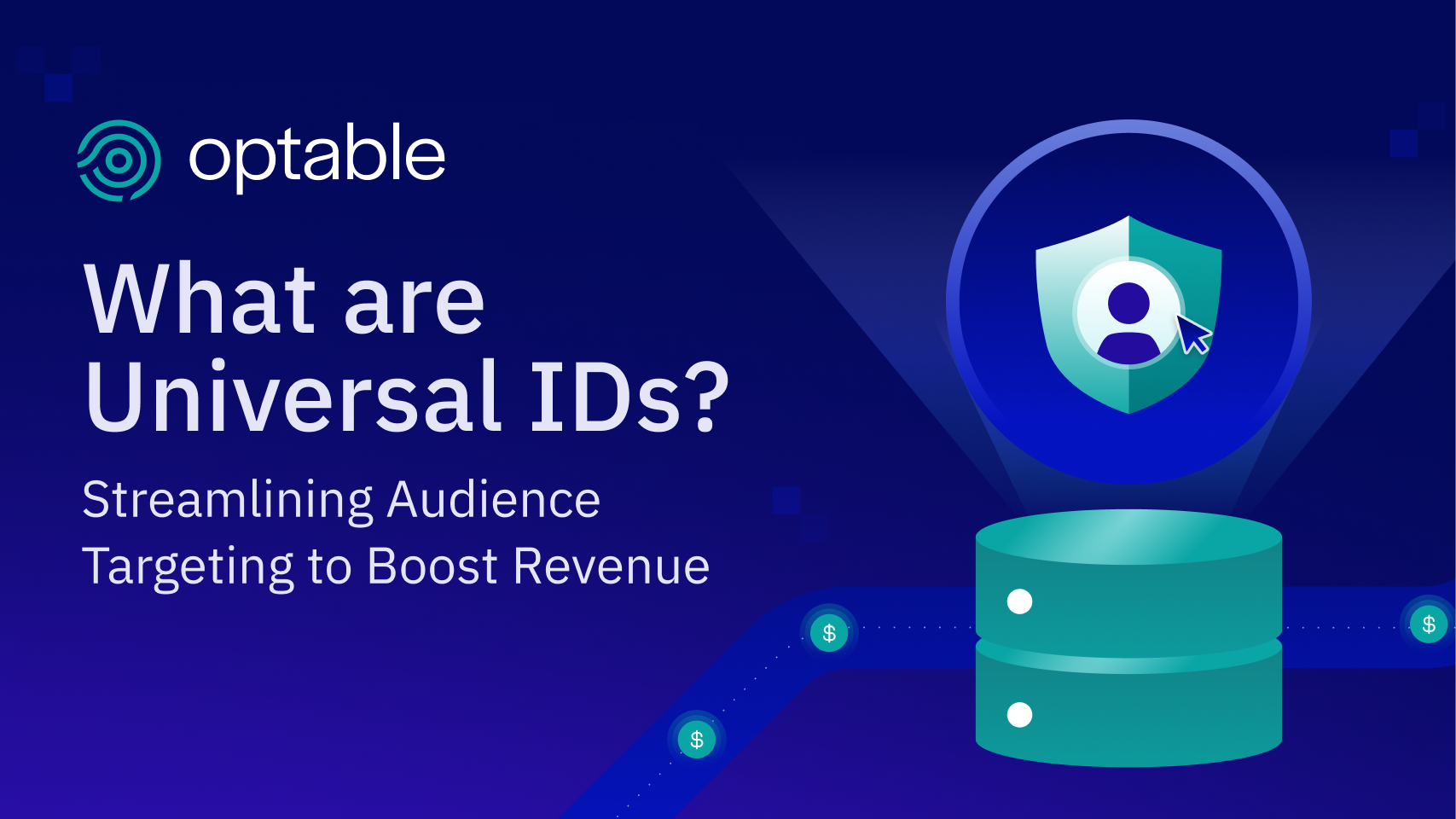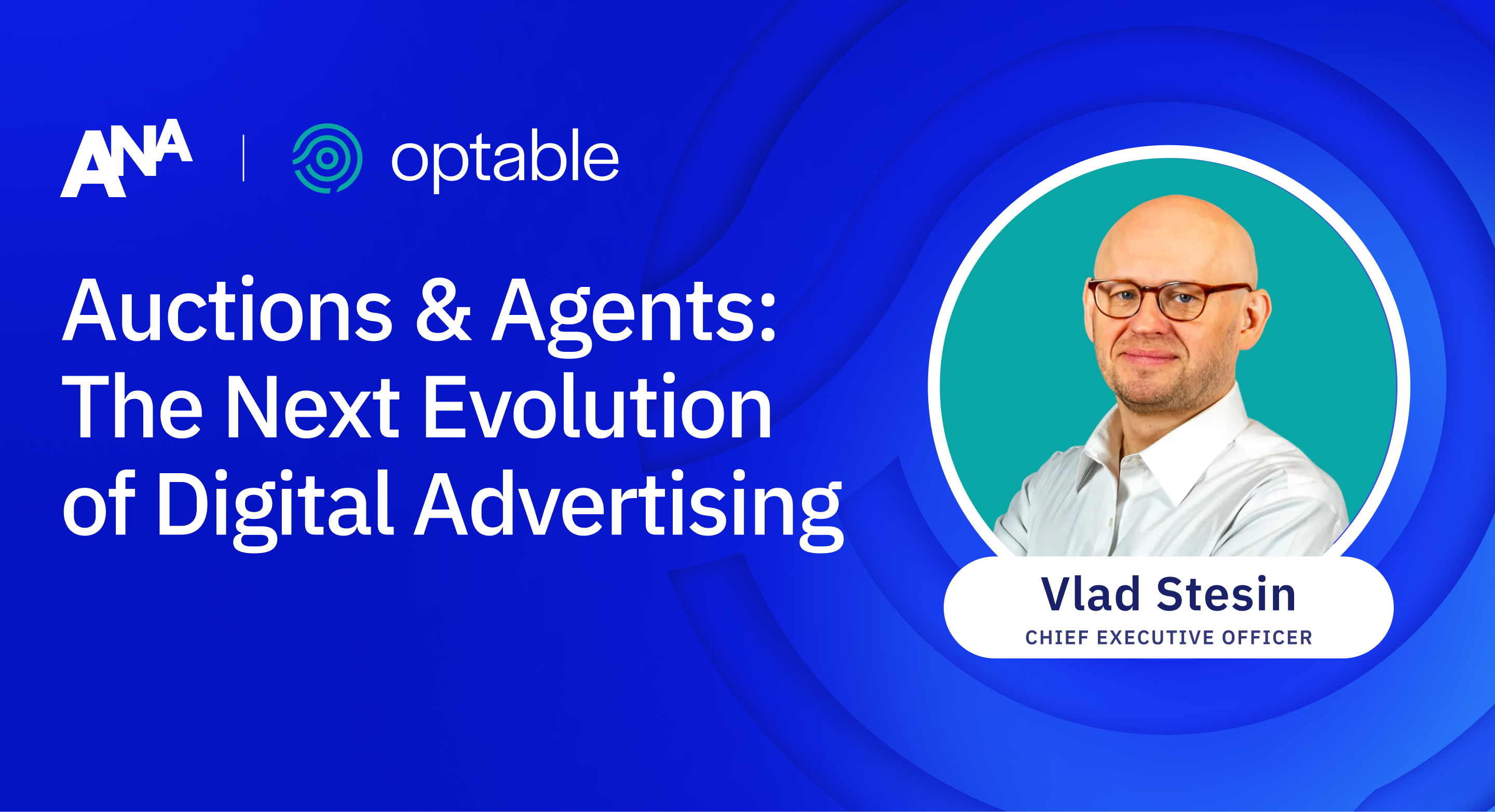Programmatic advertising, which automates the buying and selling of digital ads, has long relied on third-party cookies, which have enabled publishers to deliver personalized content to individuals based on behavior across websites.
However, with the combination of increasing global privacy regulations and major web browsers phasing out third-party cookies, the landscape of digital advertising is rapidly evolving. Understanding these shifts is essential for publishers and advertisers striving to balance privacy with effective ad targeting and campaign performance.
The decline of numerous signals including third-party cookies has left a significant gap in the digital advertising world, but Universal IDs are emerging as a powerful solution. Instead of relying on unreliable data like cookies, these new identifiers use trusted first-party information to recognize individuals across digital platforms.
This unified approach provides companies with more accurate identity resolution and better targeting capabilities. It also gives publishers a deeper understanding of their audience, which helps them enhance their advertising efforts. Ultimately, Universal IDs are a standardized, privacy-friendly solution that allows the entire ad tech ecosystem to navigate a modern, privacy-conscious landscape.
"Universal IDs are a valuable asset to consider. These solutions can unlock the ability to increase ROI, reach more users, and deliver campaign objectives across both cookie-based and cookieless environments. Ultimately, they replace the capabilities that cookies have been used for in a privacy-compliant way." – ID5
Types of Universal IDs: Understanding Your Audience to Enhance Targeting
Universal IDs may be built on various technologies and methodologies to enable consistent visitor identification across platforms, with each type offering a specific approach to recognition and privacy compliance. Some solutions also focus on interoperability, allowing IDs to work across different systems and environments.
Deterministic Universal IDs
Deterministic Universal IDs are generated from directly identifiable and verified data, such as email addresses, phone numbers, or login credentials – typically first-party data collected via logins or subscriptions. These identifiers are secured using cryptographic hashing or encryption, transforming the original data into anonymized, fixed-length strings to protect privacy. Because they rely on authenticated data, deterministic Universal IDs deliver high accuracy with consistent recognition of individuals across devices and platforms, provided proper consent is obtained. This approach provides a way for advertisers to target individuals across platforms with high precision while respecting privacy choices.
Probabilistic Universal IDs
Probabilistic IDs use statistical models and machine learning to infer identity based on patterns in behavior, device attributes, IP addresses, and other signals. Typically used to complement deterministic identifiers in hybrid approaches, probabilistic IDs are not tied to a single, verified identity – but are built on the likelihood that different signals belong to the same person. This approach is also useful when deterministic data is unavailable, such as environments where consented, first-party data is sparse. Publishers that don't have access to login data may rely on probabilistic IDs to improve targeting and attribution.
Publisher-Generated First-Party IDs
Publisher-generated first-party IDs are generated by publishers based on their first-party data. Often collected via logins, subscriptions, or on-site behavior, this data is then used to build audience profiles, setting the foundation for publishers to onboard their first-party data and connect it with advertisers' audiences. This approach maintains Identities within a publisher's network, offers secure, anonymized data that can be shared with approved partners, and can be mapped to other Universal ID systems via identity resolution.
Universal IDs vs. First-Party Data
While closely related, Universal IDs and first-party data are not the same thing, but they do work together in the evolving digital advertising ecosystem. First-party data refers to the information a company collects directly from its visitors through interactions such as subscriptions, purchases, surveys, feedback forms, and account registrations. This data is considered highly valuable because it's accurate, consent-based, and directly tied to real individual behavior and preferences.
First-party and offline data are often the foundational sources used to fully leverage Universal IDs. When a publisher collects an email address or login ID from an individual, this information can be hashed and used as the basis for matching with a Universal ID that enables consistent subscriber recognition.
A Universal ID is a unique, persistent identifier assigned to an individual, enabling recognition across various platforms, devices, and ad tech systems, without relying on third-party cookie syncing. These IDs are usually created by ad tech vendors, identity solution providers, or industry coalitions.
What sets Universal IDs apart is their interoperability, allowing various participants in the advertising ecosystem – publishers, supply-side platforms (SSPs), demand-side platforms (DSPs), and advertisers – to recognize and target the same individual across channels with consistency and precision.
The Importance of Universal IDs: Navigating The Decline of Cookie Advertising
Driven by the industry-wide shift away from third-party cookies, Universal ID solutions have emerged as a sustainable and privacy-forward solution for identity resolution. The ecosystem, enabled by Universal IDs, empowers both publishers and advertisers to deliver secure experiences across the digital advertising supply chain. By leveraging first-party data collected directly from subscribers, Universal IDs create a consistent, shared identity, enabling effective targeting, improving user experience, and allowing advertisers to serve relevant ads across platforms.
Traditionally, disparate IDs had to be synchronized to recognize a person across platforms. Because there's no single standardized identifier shared across platforms in the traditional cookie-based ecosystem, the cookie-syncing method creates latency and diminishes performance. This complicated syncing process not only increased the risk of data loss but also slowed page load times and reduced match rates due to fragmentation and a lack of standardization.
By combining anonymized data with cross-domain tracking capabilities, Universal IDs eliminate the need for complex and inefficient cookie-syncing processes, acting as a unified identifier that all approved parties can use. This reduces development overhead and improves efficiency in data matching, ad delivery, and performance measurement.
Benefits of Universal IDs
- Eliminate reliance on third-party cookies and cumbersome data-syncing services
- Enhance data accuracy and identity resolution, delivering better match rates
- Reduce duplication and enable precise sample sizes for ad targeting
- Securely store authenticated first-party data on dedicated platforms
- Align ad targeting more closely with individual interests for improved campaign performance and more relevant ad delivery
- Increase revenue opportunities through higher-value impressions
- Ensure accurate cross-platform recognition without relying on device-specific cookies
- Empower marketers to offer visitors meaningful value (loyalty programs, personalized experiences, gated content, etc.) in exchange for their information
The Future of Universal IDs: Navigating the Cookie-Less Future
Major browsers are already blocking third-party cookies and IPs, and publishers and advertisers are under increasing pressure to find sustainable alternatives for identity resolution. With the void left by third-party cookies, Universal IDs offer a more robust, future-proof, and standardized approach to identity resolution. They have been steadily gaining traction and emerging as one of the most promising tools in this evolving landscape.
While the groundwork for Universal ID adoption is well underway, the ecosystem is still maturing. Key challenges remain around interoperability, industry-wide standardization, and ensuring compliance and transparency.
Universal IDs represent a strong foundation for the future of personalized advertising in a privacy-first world. As the complete phaseout of third-party cookies approaches, the effectiveness and adoption rate of Universal IDs will become even clearer. However, the true impact will only be known once cookies are fully deprecated across all major platforms.
Enhancing Addressability with Optable
With a unified, privacy-compliant framework that can work across the open web and programmatic ad channels, Universal IDs enable precision targeting, consistent user experiences, and higher match rates for advertisers.
With cookies on their way out, Optable enables media owners to create premium, privacy-safe media activations. Get in touch with us to learn how we power seamless compatibility with the advertising ID ecosystem.
Read more about how Optable turns data into opportunity with Universal ID solutions.



.png)
.png)




